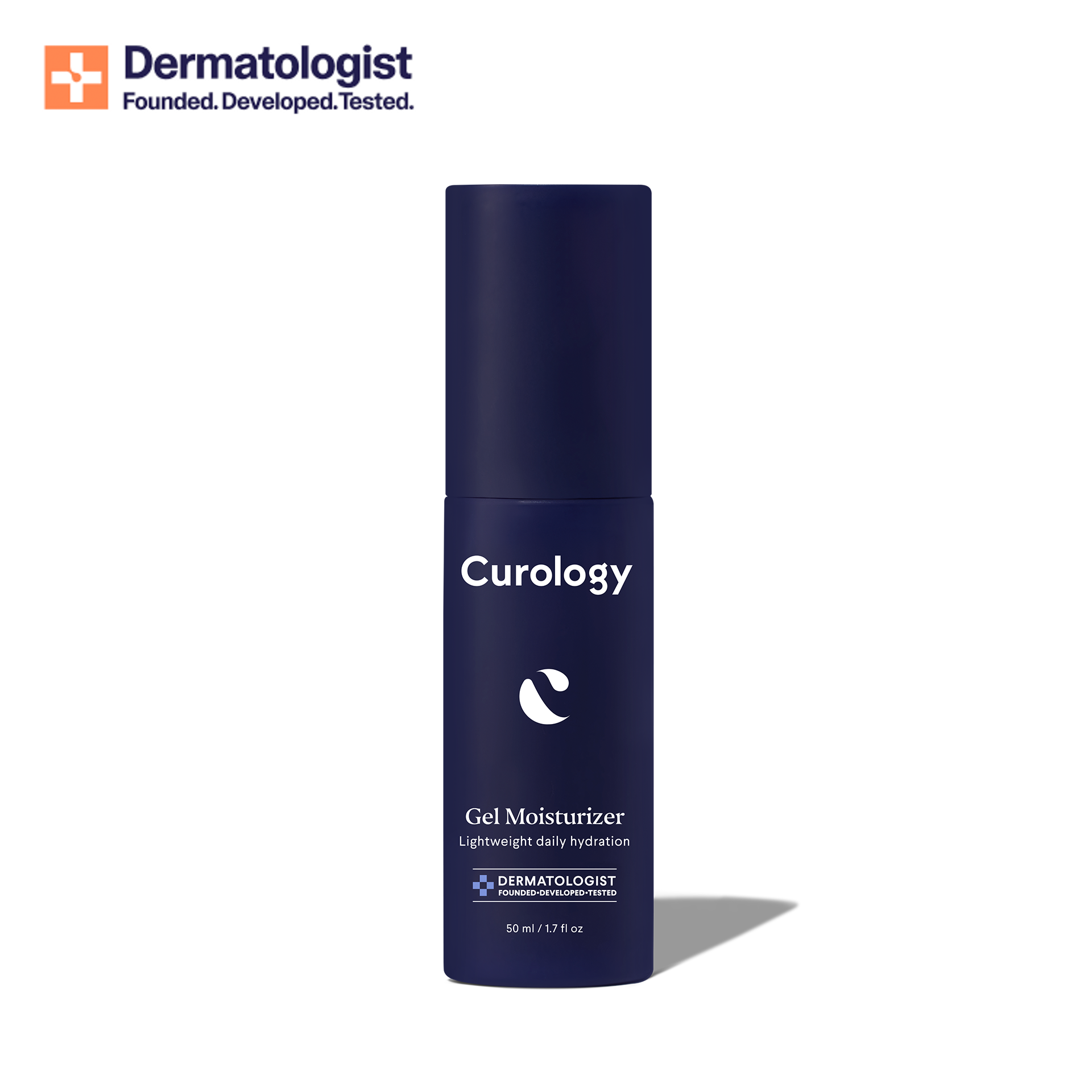Breaking News Blast
Stay updated with the latest news and insightful articles.
Moisturizer Mayhem: Why These Creams Can Make or Break Your Skin
Unlock radiant skin! Discover how the right moisturizer can transform your complexion or lead to disaster in our ultimate guide to skincare mayhem.
The Science Behind Moisturizers: How They Impact Your Skin Health
The role of moisturizers in skin health is grounded in science, focusing on their ability to maintain skin hydration and barrier function. Most moisturizers contain a combination of ingredients such as occlusives, humectants, and emollients. Occlusives, like petrolatum and beeswax, form a protective layer on the skin's surface, preventing moisture loss. Meanwhile, humectants, such as glycerin and hyaluronic acid, attract water from the environment and deeper skin layers, ensuring that the skin stays hydrated. Finally, emollients provide a smoothing effect on the skin, enhancing its texture and appearance.
Using the right moisturizer can significantly influence various aspects of skin health. Regular application can help manage conditions like eczema and psoriasis, reducing dryness and irritation. Moreover, studies indicate that consistent moisture can improve the skin barrier function, which is crucial for protecting against environmental stressors like pollution and UV rays. This enhanced barrier leads to a more resilient complexion, reducing the incidence of acne and sensitivity. Therefore, understanding the science behind moisturizers can empower individuals to make informed choices, optimizing their skin health for lasting beauty.

Moisturizer Myths Debunked: What You Really Need to Know
When it comes to skincare, moisturizers often fall victim to various myths that can mislead consumers. One common myth is that oily skin doesn't need moisturizing, but this couldn't be further from the truth. In fact, failing to use a moisturizer can lead to an imbalance in your skin's oil production, potentially making your skin even oilier. Instead of skipping moisturizer, individuals with oily skin should opt for lightweight, non-comedogenic formulas that hydrate without clogging pores.
Another prevalent myth is that more expensive moisturizers are always better. While it's true that some high-end brands offer superior ingredients, many drugstore options contain effective formulations that keep your skin hydrated without breaking the bank. It's important to focus on the ingredient list rather than the brand name. Ultimately, knowing your skin type and selecting a product that meets your specific needs is crucial for achieving the best results.
Is Your Moisturizer Working for You? Signs It Might Be Hurting Your Skin
When it comes to maintaining healthy skin, choosing the right moisturizer is crucial. If you're noticing signs like increased dryness, irritation, or breakouts, it may be time to reassess your current product. These symptoms can indicate that your moisturizer is not effectively hydrating your skin or, worse, that it contains ingredients that are causing more harm than good. Pay attention to your skin’s response after application; if you feel any lingering tightness or redness, your moisturizer might be doing more damage than you realize.
Additionally, evaluate the composition of your moisturizer. Ingredients such as alcohol, fragrances, and certain preservatives can strip your skin of its natural oils, leading to a deteriorated skin barrier. Instead, seek moisturizers that contain humectants, emollients, and occlusives to effectively lock in moisture. If you notice that your skin feels oily yet parched, or if you constantly need to reapply moisturizer throughout the day, it's a clear sign that your current product isn't working for you and may even be hurting your skin.